Everyone has a story that includes deep pain, longings, and losses.
Our stories can bring us together and allow us to connect emotionally, as well as culturally, across boundaries that we might otherwise be unable to bridge.
Due to other people's' lack of sensitivity or interest in truly learning about and listening to who I am, how I think, what I have lost, and what I am searching for, I am all the more sensitive to others' stories, feelings, and perspectives.
I truly believe that learning from other people's' stories and experiences is one of the best ways to combat ignorance, prejudice, and misunderstanding.
I was born in Yichun, Jiangxi, China.
Two days after my birth, I was found outside of an orphanage.
In July 1994, when I was only a month old, a couple from Boston adopted me.
To date, they have been the most amazing parents that I could have ever imagined. They decided to adopt me, as they weren't able to have children of their own (they had lived in China in the 80s, and knew about the situation for baby girls).
Girls, up until recently, were often selectively aborted or placed for adoption because of the restrictions surrounding the One-Child Policy and the higher value placed on boys who could keep the family name and provide for their elderly parents.
To this day, I know that my parents love me unconditionally and would do anything for me.
When I was three, I returned with them to another city in Jiangxi Province, China, to adopt my younger sister, Beth, who I’ve spent the past 19 years with. We're very close as sisters and as a family.
Unfortunately, I was too young to remember anything prior to being adopted, but if I had the chance, I would have liked to know more about my Chinese culture, birthplace, and birth family.
I feel a deep sense of loss and disconnect because I am so separate from China’s culture, upbringing, lifestyle, distance, etc.
I’m proud that I have always been curious and courageous about my past.
I’ve always challenged myself to learn the language, culture, and about people, so that I could connect with them when I had the chance to revisit my roots.
At times, it is deeply painful, but I have always had a deep desire to learn, grow, reflect, and fully discover who I am and how my Chinese heritage plays a role in my identity.
The most difficult experience that I have faced as an adoptee is the cultural and ethnic disconnect.
Race often identifies and categorizes us in the eyes of others when it is all that they see or know about us. Based on my experience of traveling to China or other parts of Asia, I was often treated with disdain or disrespect because I didn't measure up to "appropriate" or "beautiful" Chinese cultural standards. I was often asked why I couldn't speak Mandarin clearly, why my skin was so dark, or if I could translate for my Caucasian friends.
When I am in the U.S., I am often self-conscious about my race upon meeting new people. I always wonder if they see me for who I am.
During some instances where my Chinese features have been my only identifier, I have struggled immensely to overcome deep feelings of resentment and anger toward those who do not know any better, but who abrasively ask questions or make statements out of ignorance or cultural upbringing.
I am ashamed, fearful and embarrassed about a lot of things.
I am shy and afraid of failure.
I am afraid to be noticed by others.
I have always sought to please others and be accepted into whatever communities I find myself in. So, when I find myself misunderstood or rejected by those that I am trying to connect with, it is heartbreaking.
Still, I’d like to be part of a solution. Throughout my life, I have seen both extremely destructive and broken systems, as well as generative and creative ones.
I am still discovering my passion and what I want to do with my life.
I want to be a part of something that is advocating for justice, and identifying and reversing broken systems that are in place.
It is through stories that we are able to connect with one another. Stories allow us to learn more about others and ourselves.
Often, while reflecting on my personal experiences, I am challenged to think about my own life and choices in new ways, as well as bring to light questions or issues for others in their own context.
By sharing my story, I am able to continue the process of healing, discovery, and rejuvenation for myself, as well as hopefully inspire, motivate, and connect with others.








